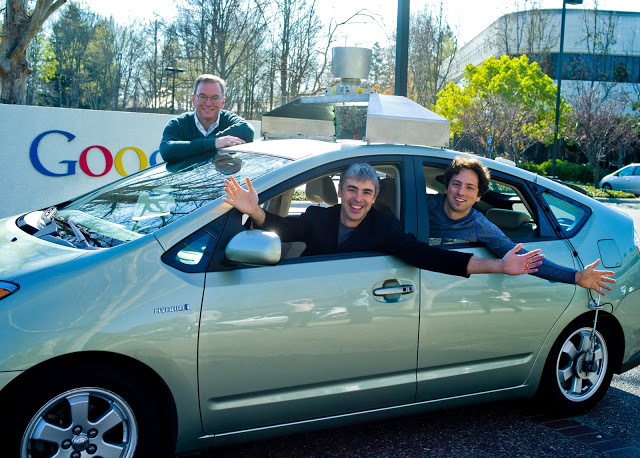“All the pieces are now in place,” President of Google At Work, Amit Singh, tells Business Insider in an interview about how the company’s enterprise offerings are competing in the marketplace and, perhaps most critically, undermining Microsoft’s Office products.
While Singh may be confident about Google’s products, the company’s earnings from its cloud services are trivial compared to its competition.
‘Other’ categories
Google don’t break out their income from their apps services, instead lumping it into ‘other’ revenues which also includes Google Play, Apps Engine and all their other non-search products. In the last quarter that was $1.9 billion, barely 10% of the organisation’s entire income.
Microsoft also obscure their office software earnings having split its products into the Devices and Consumer licensing division and Commercial Licensing however the last quarter Office’s income was reported it was a seven billion dollar a quarter business.
While Microsoft’s income from the various forms of Office will have shrunk in the shift onto the cloud, it’s still safe to say it still dwarfs Google’s income from Apps.
Google’s ‘other’ category is also a general bucket of products that is competing against Microsoft Office, Amazon Web Services and Apple iTunes – with a combined total of 17 billion dollars, ten times Google’s quarterly income.
Slim pickings
Another problem for Google are the margins in its cloud services, as Microsoft have found the profits from online products are very slim compared to those from boxed software or advertising. For Google to continue its impressive profits, it’s going to have to find something more lucrative than cloud office software.
These slimmer margins also have another effect on the business model as Singh would know well from this days of working at Oracle.
Oracle, like many of the 1980s and 90s software companies, boasted extraordinary margins. This allowed them to pay huge commissions to salespeople, engineers and executives. A single enterprise sale for an Oracle, IBM or SAP salesdroid could pay for a decade of private school fees or a very nice yacht.
At Google and its partners the idea of being able to pay off the mortgage with the commissions from a single corporate deal raises a hollow laugh; there simply isn’t the money to pay for armies of hungry salesfolk.
Those thin margins also mean a change to Google and Microsoft’s business models. Shareholders expecting big profits from cloud services may need to be looking elsewhere.






